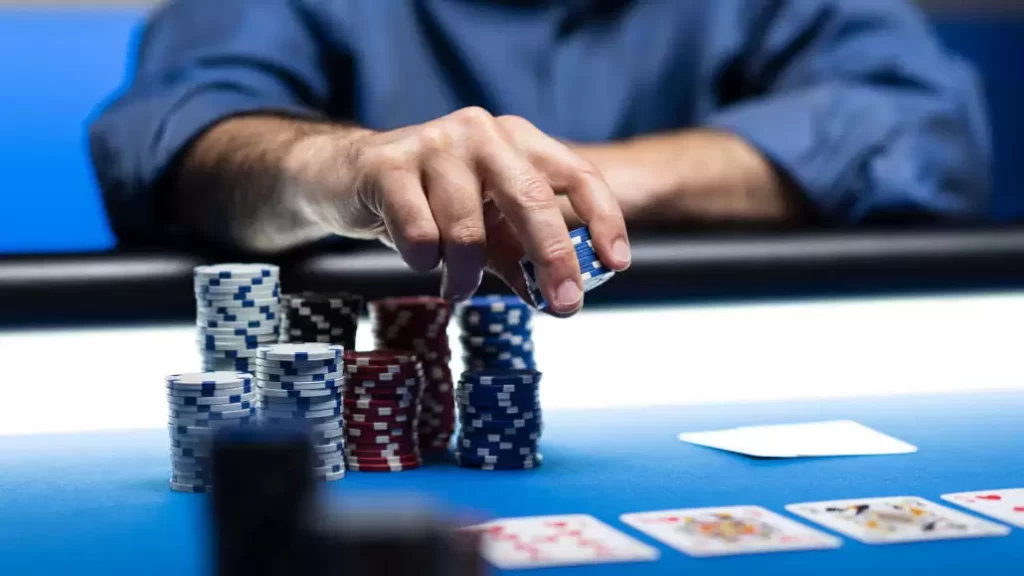Poker tournament strategies must be adjusted according to the stage of a tournament. For example, as the bubble approaches and prizes increase it will be critical for deep stacks to push smaller stacks around by raising a lot and betting big.
This will polarise their range and leave them with less fold equity. The key is to always have some strategic hands to float with too.
Freerolls
Freerolls can be a bit of a grind, especially in the early stages when the blind levels are high. These tournaments often have a lot of players with short and nano stacks who are pushing all-in with anything they can get their hands on. This can be frustrating, but you can build your chip stack by slow-playing strong hands like suited kings or big pairs against these opponents.
It’s also important to remember that freerolls often have players with less experience at poker than the average player. This means that they will pay less respect to your bets and raises. If you can spot these players at your table, they can be good targets for bluffing, especially when they are trying to play all-in with a weak hand. As the tournament progresses, these players will start to fall out of the tournament as their luck runs out and skilled and experienced players take over. This is when it becomes essential to adjust your poker tournament strategy accordingly.
Sit-and-Gos
A winning Sit-and-Go strategy should focus on smart aggression and a good grasp of the middle rounds. With the blinds increasing it is vital to steal a lot of pots, especially from late position. This will help to keep your stack alive in the early stages and prevent you from getting short-stacked later on.
It is also important to avoid risking your entire stack preflop with a medium strength starting hand like A-K as this will put you in a difficult spot when you hit the flop and have to call an all-in bet. The best strategy is to raise your premium hands to around 5-7x the big blind and play them aggressively in late position to add chips to your stack.
Lastly, you should not be afraid to be the table bully and push players with your stack in certain spots, but it is important to use a calculated aggression and only push opponents who are not playing solid poker. This will ensure that you can maximize the number of hands you play and improve your long-term expectation of finishing first in the tournament.
High-Stakes
At higher stakes, a good tournament poker player must make smarter decisions. This means minimizing mistakes and creating situations for their opponents to make mistakes. They must also be more efficient in their chip use. For example, memorizing push-fold charts will help them play solidly when they are short on chips.
One of the most important aspects of tournament poker strategy is understanding how stack sizes impact game dynamics. This is especially important during the late stages of a tournament, when players’ stacks are significantly smaller than in early stage play.
In late-stage tournaments, the key to winning is exploiting weak and loose players. This means stealing from tight fit-or-fold players relentlessly and 3bet-shoving against them when they raise light. It is also a good idea to keep your opponent’s stack size in mind when making decisions. This way, you can avoid running into big bluffers who are more likely to call your all-in with marginal hands.
Re-Entry Tournaments
Re-entry tournaments allow players to buy back into the event once they have lost all their chips. This is a great way to get to the final table and make a big cash but it can also cause players to play looser than they normally would, knowing that they can re-enter the tournament with a fresh stack.
The best approach is to tighten up during the early stages and use timely aggression as the tournament progresses. This creates a nice balance between chip accumulation and survival, something that can be hard for many new tournament players.
Some players will go bananas if they are in a good position and have a large stack. However, this is not recommended as you will need to consider ICM when making your decisions. Instead, you should aim to play a smaller range and only call the big raises when you have a solid hand. This will put you in a better position to either double up or bust and be able to re-enter the tournament with s fresh stack.


